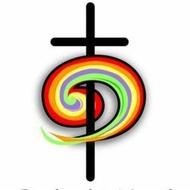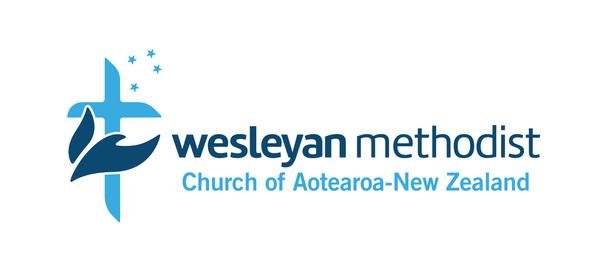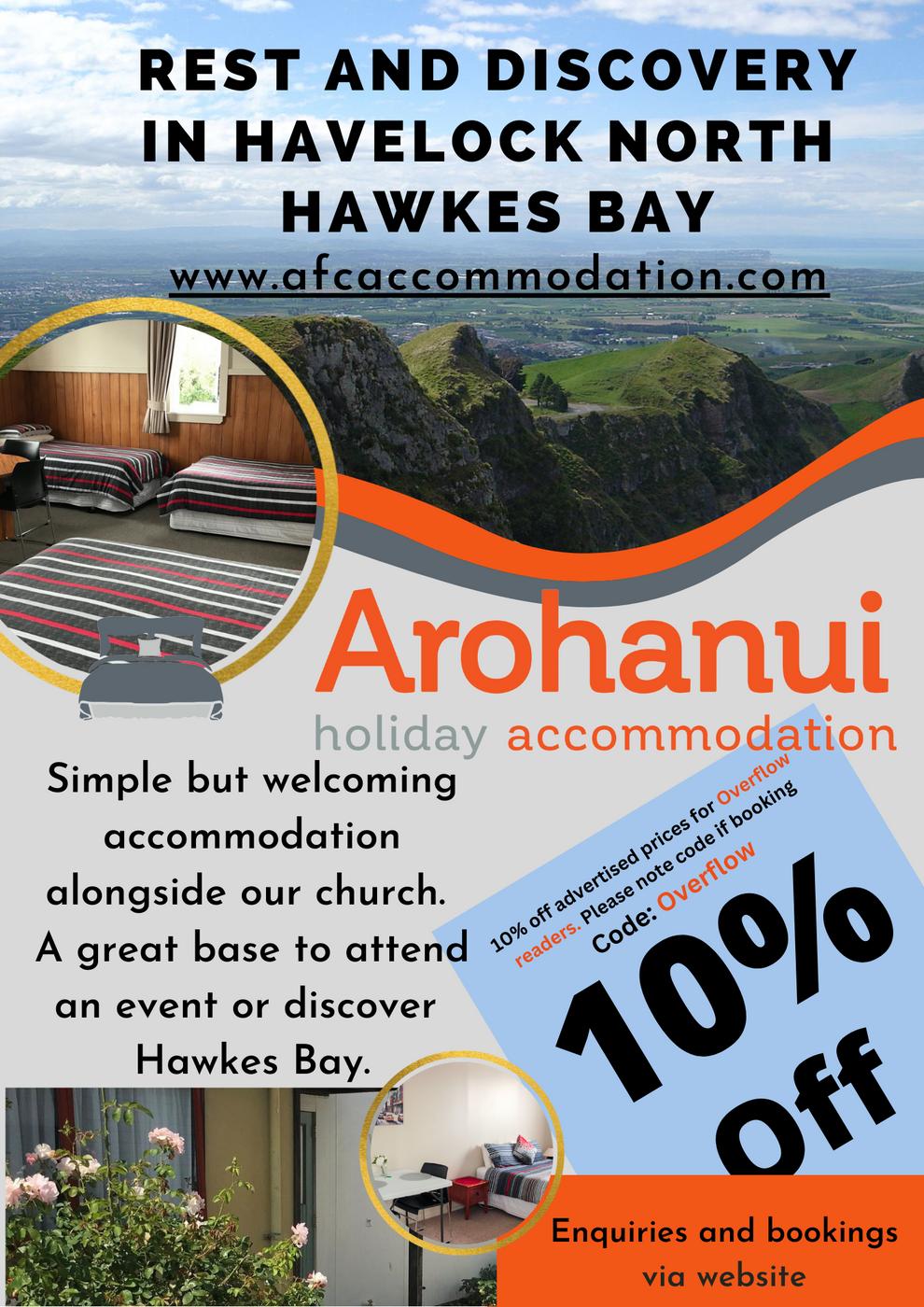Overflow
Be Still The Rhythms of Discipleship Employment Opportunities Streams Gathering Church





Over the past month I have had the pleasure of reflecting on the ways I build my relationship with God. Our daily routines and habits can either help us or hinder us in building our relationships in a loving way.
This month our ministers around the country will take time out to refresh and reflect together. Being encouraged and supported with time together. Giving space to learn from each other and consider the practices that help to maintain healthy practices to do the work they are called to.
In our services we call the routines we have ‘Liturgies’. This week I was challenged to consider the possibility that there are many cultural liturgies that compete for my attention without my awareness. An example of a cultural liturgy would be what happens at the beginning of an international sports event when the National Anthems are played. Can you think of any others?
I wonder if you have considered including the practice of retreat in your own walk to take time to reflect on your own routines and habits that help you to deepen your relationship with God and others. A time of refresh in your faith life.
Tēnā koe, Malo e lelei, Ni sa bula Vinaka, Annyeonghaseyo, Fakaalofa lahi atu, Kia orana, Nǐ hǎo, Hello!'LetthepeaceofChristruleinyourhearts,sinceasmembers ofonebodyyouwerecalledtopeace.Andbethankful.Let themessageofChristdwellamongyourichlyasyouteach andadmonishoneanotherwithallwisdomthroughpsalms, hymns,andsongsfromtheSpirit,singingtoGodwith gratitudeinyourhearts.Andwhateveryoudo,whetherin wordordeed,doitallinthenameoftheLordJesus,giving thankstoGodtheFatherthroughhim.'Colossians3:15-17
Prayersandblessings,
DeniseBarrington Editor
National Superintendent: Rev. Brett Jones
You and I are hard wired for doing. It’s a huge part of what makes us human. We’re uniquely created for observing and understanding our world and then acting within it to make change. We’re constantly challenging ourselves to move from “A”, our current reality, to “B” our preferred future. Virtually nothing we do is done without some kind of gain in mind.
We celebrate achievements across all fields of human endeavour. This makes a lot of sense in some areas – like sport which is really designed to recognise the best do-ers in the physical realm. Gold medals. World champions. MVP’s. Statistics galore that recognise the primacy of doing and that some doing is better than other doing.
Sports brands celebrate this “just do it” attitude – Nike is successful with its brand strategy not just because it’s catchy but because it’s true. Adidas went with “impossible is nothing” and I’m still trying to work out whether it’s a bad translation from German or a Yoda impression gone wrong. But the heart of the message is still: you –can – do – anything.
Now this kind of measurement is less helpful in say the arts where the ranking of doing is so much more subjective – how do you compare the artistic merits of “Top Gun: Maverick” with the stark confrontation of racial violence in “Till”? Of Ed Sheeran and Marvin Gaye (too soon)?
And it has its perils for us humans as well. It’s one thing to measure doing. It’s quite another thing to measure our being by our doing. As if we are human doings rather than human beings. Which is where the just do it mentality can cause us challenges. Because if we are what we do the chances are that when failure occurs then we see it as a failure of who we are rather than simply what we do. And this substitution – measuring who we are by what we do will rob us off an essential part of our humanity.
We know this mentality is part of our life when:
Work becomes the way we measure our self-worth Family life becomes the way in which we measure our self worth
Spiritual activity becomes the way in which we measure our self worth
Psalm 46:10 offers us the antidote to our doing. “Be still and know that I am God. ” Don’t DO anything, just be. Still. And in the stillness discover knowledge of God that surpasses our doing, our striving, our performing. It’s counter intuitive that it's in our not doing that we are doing what matters most.
I am grateful for local churches investing in pastors for the Refresh retreat at the end of May (26-28 May). Investing in an opportunity for stillness. Would you pray with us as we engage our theme: Be Still and Know that I am God?


God’s Good News transforms lives and gives hope for the future. This year Scripture Union's WAY2GO children’s ministry conferences will explore how we can help children and families to experience this for themselves, for their families and their communities. As we consider our changing world, how do we best approach this, as we seek to walk in the footsteps of Jesus who gave the greatest invitation of all? Way2Go has lots of dates and locations for their conferences and is coming to a place near you.
Registrations are now open! Choose from a range of workshops.
Click

We all have rhythm in our lives.
Habits are rhythms – good and bad. Skills are often rhythms. All kinds of unconscious rhythms – like walking, brushing the hair out of your eyes, checking your cell phone is in your pocket…
The question is not whether we have rhythm but what..and the challenge for us is getting past the whatever, the often unconscious and unchosen nature of our rhythms to the what. When it comes to spiritual rhythms, we see Jesus lived a life with all kinds of different rhythms:
Early on in Mark’s gospel, in chapter 1, we see him going on a 40 day retreat:
12 At once the Spirit sent him out into the wilderness, 13 and he was in the wilderness for forty days, being tempted by Satan.
Jesus is led into a place of solitude – and what’s interesting is that a central part of Jesus’ wrestling with how he will choose to live in the face of some pretty big opportunities to please himself are the scriptures. Matthew expands on what happened in chapter 4 - 3 times Jesus is faced with the opportunity to use his divinity to focus on his physical needs, show off his power and be a King who rules rather than serves. 3 times it’s the mirror of the scriptures that helps him to find his way. The scriptures are a key part of the “what” for Jesus.
Again in chapter 1 of Mark’s gospel:
35 Very early in the morning, while it was still dark, Jesus got up, left the house and went off to a solitary place, where he prayed.
This is a regular rhythm for Jesus – finding solitude, creating space for prayer. For connection with God. This decision to carve out time specifically for the presence of God is a key part of the what. Whether it’s time set aside like this example or whether we set aside ourselves moment by moment to acknowledge God’s presence in the moment.
Or in Mark 6:31
31 Then, because so many people were coming and going that they did not even have a chance to eat, he said to them, ‘Come with me by yourselves to a quiet place and get some rest.’ 32 So they went away by themselves in a boat to a solitary place.
It’s a time of rest in the context of community. It’s in essence a mini retreat for Jesus and his small group of followers.
Simply living out of prayer and community – can lead us to a faith which is not grounded in anything beyond our opinion and experience. Authentic Christian faith is not anchored and it is quickly twisted.
Simply living out of the scriptures and community – can lead us to a faith where we read the bible but it never gets to read us.
We elevate information over transformation. Becoming people knowing not people growing.
The truth is we need all three. We need rhythms of engagement of the scriptures, of prayer and community. As we move from the unconscious rhythms of whatever to a sustaining rhythm that knows what’s what.
Ways God is working in the congregation:
There is an increased enjoyment in worshipping God with singing and dances.
We are having an increase in attendance with a multicultural feel with families from Fijian, Rotuman, Fiji Indian, Congo and Māori descent coming together.

The old and the young are worshipping together.
An increase in our numbers in our ministry to the children

Don’t get me wrong, Sunday morning gatherings are essential for discipleship. They help people establish a rhythm of faithful formation through being deeply entrenched in the story of Scripture, worshipping with others, and intentionally reflecting on how to be “in Christ” in the world. But it has become clear that societal pressures, changing ideologies, and shifting patterns of life require a new outlook and perspective shift on discipleship.
I am not writing this article as a way for me to prescribe what the WMCANZ ought to do regarding discipleship. Discipleship is a highly contextual topic that requires pastors to understand the needs of their congregations. This means that information must be gathered and different perspectives must be listened to, not to copy what others are doing, but as an aid to help reflect on one ’ s own context.

Our planned for outreach opportunities include:
Continued visitation to our new family that are here as seasonal workers.

Invitations to other community members.
Continuing visitation and devotion to local Rest Homes every month.
Combined service with Whanganui Church on 21st May.
Combined service with Anglican Church on 11 June.
Combined service with Living waters Napier in July.
Gods increase in our lives as in John 3: 30 Holy Spirit to lead people to this church
More souls to be lead to Jesus
Community Worker (10 hours pw)
Renew Christian Community Trust (a ministry of Redoubt North Wesleyan Methodist Church) is recruiting for a Community Worker.

Do you have a passion for connecting church and community? Have you experience delivering and developing community activities and working with families?
Are you passionate about seeing people thrive – physically, mentally, emotionally and spiritually?
Then perhaps you are the person we are looking for.
In this 10 hour per week position, you will:
Develop community facing programmes which connect with the overall vision and mission of the church, so as to connect the community to the Redoubt North Wesleyan Methodist Church.
Develop and maintain strong links with the community. Develop and oversee next generation (children and youth) programmes.
For more information or to apply please email Rev. Peter Benzie on revpeter.rnw@gmail.com.
www.rnw.org.nz
TheDirectorofDiscipleshipandTrainingiscalledtothemissionof facilitatingpathwaysfordiscipleshipandopportunitiesfortraining inandacrossourlocalchurches.Theirroleistoequipand empowerWMCANZMinistersandleadersastheyworkto transformlives,churchesandcommunitiesthroughthehopeand holinessofJesusChrist.
TheroleoftheDirectorofDiscipleship&Trainingisoneof leadershipandassuchisprimarilyfocusedonleadership, facilitationandconsultancy.Itisapeople-focused,ratherthantaskfocused,role.WhilsttheDirectorofDiscipleship&Training undertakessomepracticalworkthefocusisonleadingotherswho undertakethiswork.ThisrolereportstotheNational Superintendent.
Keyresponsibilitiesinclude:
Providingleadershipinthefollowingareas:
Providingconsultancy,resources,trainingandsupportto localchurchesastheydevelopdiscipleshippathwaysin theircontext.
PartneringwiththeNLTtosupportandresourcetraining plansacrossthemovement.
DevelopServantLeadertrainingmodules. DevelopPartnershipmodulesforlocalchurchadoption. Identify,developanddeploydiscipleship resources/programmestolocalchurches.
Identify,developanddeployWesleyandiscipleship resourcesasappropriate.
Developandleadteamswithintheareasofdiscipleshipand training.

Providing leadership to the WMCANZ as a member of the NLT and (as required) National Task Groups.
Monitoring developments and identifying best practice in Discipleship.
Actively liaising with National Officers, National Treasurer, NLT members, and others to ensure that the above are undertaken in a way that integrates with, and supports, their responsibilities.
Key job requirements
Demonstrated local church ministry leadership experience. Demonstrated communications experience.
Proven ability to work well both independently and in a team setting.
Ideally experience in portfolio management, communication, strategy, training or leadership development.
This role is part-time up to one day per week.
Please contact National Superintendent Rev. Brett Jones (natsuper@wesleyan.nz) to apply or for more information.
www.wesleyan.nz

NationalSuperintendent

Rev.BrettJones-natsuper@wesleyan.nz
Ass'tNationalSuperintendent
DirectorofOperations

Rev.PeterBenzie-dirops@wesleyan.nz
NationalTreasurer
KerrinThomson-treasurer@wesleyannz DirectorofGlobalMissions
MichelleYates-missions@wesleyan.nz
DirectorofMinisterialFormation

Rev.MelissaPowell-nbmf@wesleyan.nz
DirectorofMultiplication
Rev.MikeYates-churchdevt@wesleyan.nz
DirectorofNextGenerations
Rev.StephenieCouch-youth@wesleyan.nz
We invite you to make donations to the Wesleyan Methodist Church of Aotearoa-New Zealand. Join us to make a difference and reach the lost with the grace and holiness of Jesus Christ.
Using the WMCANZ bank account number below, please include your first initial and surname in the particulars field and 'donation' in the reference field.

03-0206-0380248-00
Particulars: e.g. 'J Smith' Reference: e.g. 'Donation'
Please email accounts@wesleyan.nz with your details to receive a donation receipt.


